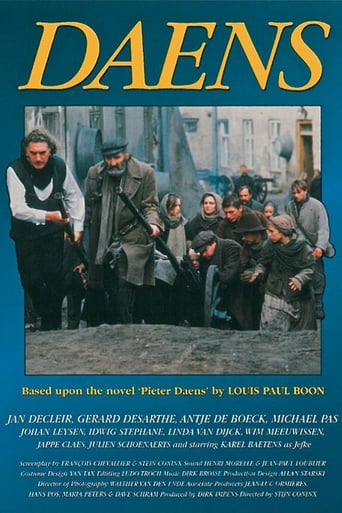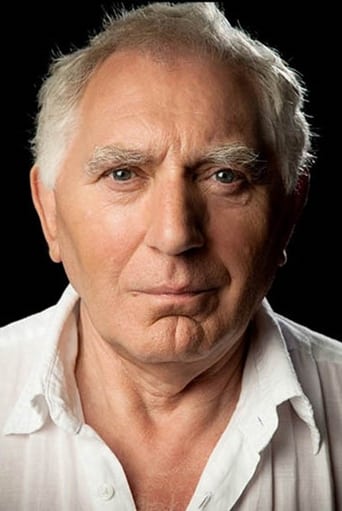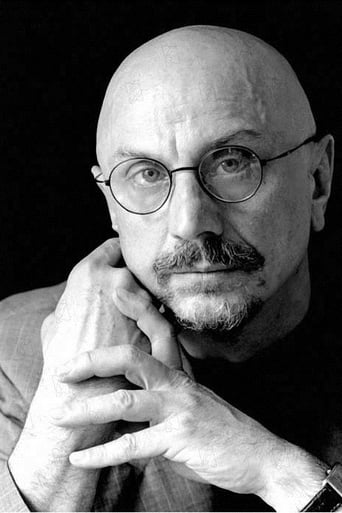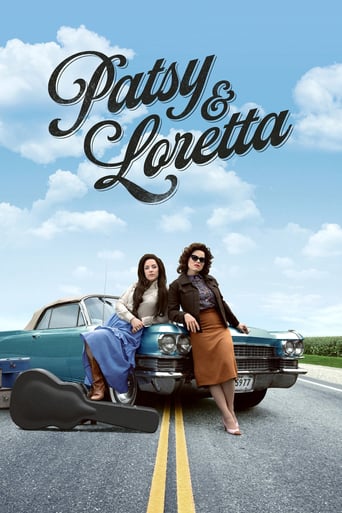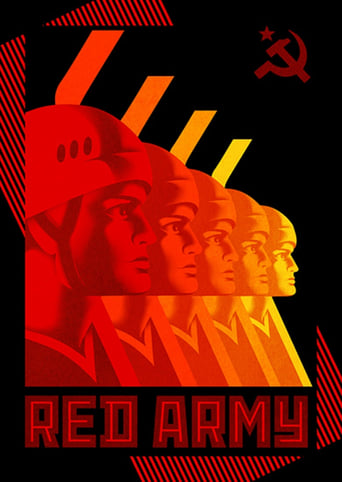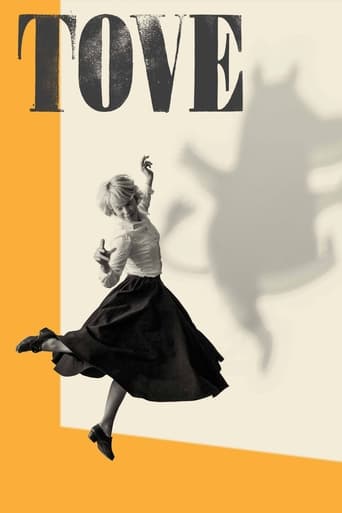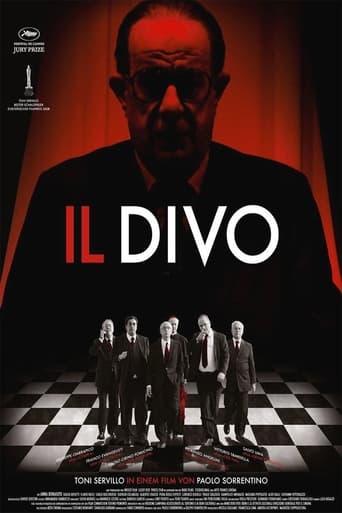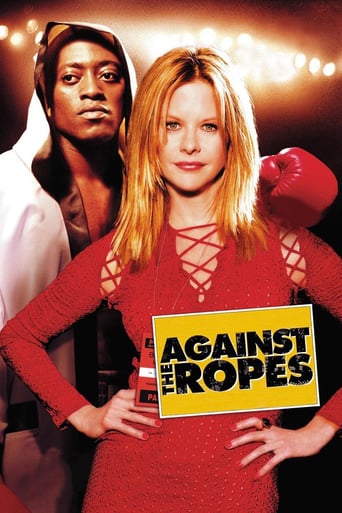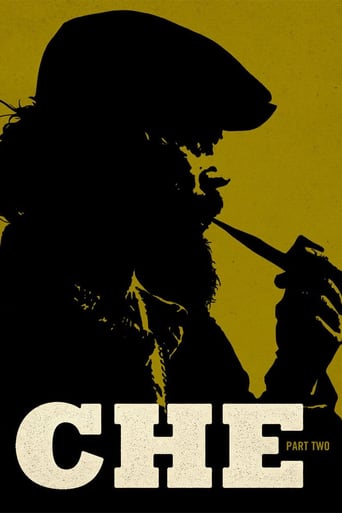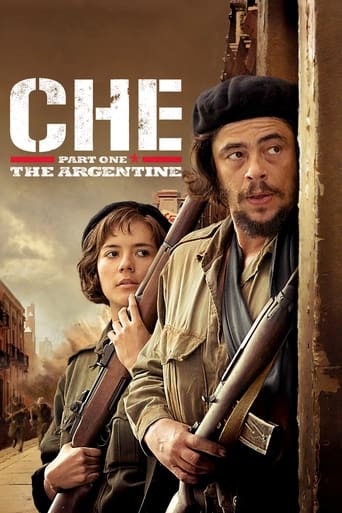Priest Daens (1992)
In the 1890s, Father Adolf Daens goes to Aalst, a textile town where child labor is rife, pay and working conditions are horrible, the poor have no vote, and the Catholic church backs the petite bourgeoisie in oppressing workers. He writes a few columns for the Catholic paper, and soon workers are listening and the powerful are in an uproar. He's expelled from the Catholic party, so he starts the Christian Democrats and is elected to Parliament. After Rome disciplines him, he must choose between two callings, as priest and as champion of workers. In subplots, a courageous young woman falls in love with a socialist and survives a shop foreman's rape; children die; prelates play billiards.
Watch Trailer
Free Trial Channels
Cast


Similar titles
Reviews
The performances transcend the film's tropes, grounding it in characters that feel more complete than this subgenre often produces.
I cannot think of one single thing that I would change about this film. The acting is incomparable, the directing deft, and the writing poignantly brilliant.
a film so unique, intoxicating and bizarre that it not only demands another viewing, but is also forgivable as a satirical comedy where the jokes eventually take the back seat.
If you're interested in the topic at hand, you should just watch it and judge yourself because the reviews have gone very biased by people that didn't even watch it and just hate (or love) the creator. I liked it, it was well written, narrated, and directed and it was about a topic that interests me.
Socialism and the social-democracy originate from Europe, where the industrial revolution began. It became the ideology of the workers, who were cruelly exploited and suppressed by the capitalists. The social problem created political controversies. It all started with the textile production, which was concentrated in England and Belgium. In the beginning the new capitalist system was pretty disgusting. Often the situation of the industrial workers worsened in comparison with the preceding feudalism. The film Daens narrates this not very nice episode of our history for the Belgian case. At the time Belgium was still under the influence of the catholic church. The Pope had proclaimed the encyclical letter Rerum Novarum, which stressed the rights of the workers. However, the capitalists were not impressed. And since eventually the church follows the money (for someone has to pay the bills), there was little real improvement for the workers. Daens is a priest, who sides with them. The capitalists don't like this, and exert pressure on the church. Spoiler! Daens is expelled from priesthood, and continues as a politician. Fortunately decency still exists. The film is based on a book by Louis Paul Boon (Opus magnum: De kapellekensbaan). Boon has a surrealistic and dejected style of writing, which focuses on the human shortcomings. This is noticeable in the film plot, so prepare yourself for some degenerate behavior, rapes, children freezing to death or being crushed by weaving-looms etcetera. However Boon never creates a sensation, and mentions these disasters more or less in passing (which makes it so surrealistic). In fact the heroic Daens is a bit atypical, and may be a deviation from Boons book (which I have not read). If you believe that the history of capitalism is a success story, than this film will surprise you. If you like persiflages, this film will please you. If you are interested in history, this film will educate you. What more can I say? By the way, you will find many similar films in my list of reviews. Take for instance "Subterra", or more timely "Norma Rae". There may well be many recent South-American films about the same theme. If so, tell me. Oh, and don't forget to check off the "useful: yes" ballot. I love comments.
I loved the movie. I've seen the movie for economics and it is one of the best Belgian films that you can give on the subject of poverty.This film is one you just can't miss! It's full of great acting and it all looks so real.My personal opinion is that it is one of Jan Decleir best movies together with " De Zaak Alzheimer "There need to be more films about the life the people lived in the past, it would let u see how lucky we are to live now.I hope a lot of people will realize that and stop doing all the unimportant things they are doing now.
This is considered as undoubtedly the most important Belgian film ever made, a cinematic event in its home country when it came out. People flocked to see it, awards were bestowed on it, students wrote term papers about it, everybody talked about it, every school showed it to its students (and they still do, more than ten years later), and its director, Stijn Coninx, even got made a baron on the strength of it. Even so, Coninx was never really able to live down the reputation of "director of Daens". In a country with basically no film tradition to speak of, a movie like Daens is a once-in-a-lifetime achievement, if only because they'll never allow you to spend that much money again, even if it did earn it back. One cannot help but feel that had he made the equivalent of this one in America, he'd be one the biggest directors around today.The story is about a courageous, socially feeling priest who went against church authorities and the political powers that be (heavily interlinked at the end of the 19th century) to help the impoverished workers of Aalst, Belgium. Although romanticised somewhat, and even with the addition of certain characters to strengthen the dramatic arc of the movie, this is based on a true story. Coninx did absolutely amazing things with a limited budget to bring the era back to life, and his camera lingers tellingly in the dirty, narrow little streets where the workers were packed together, entire families with hordes of children living in one room. We also get to see the factories, dangerous places, where people spend twelve or more hours a day for scraps off the tables of the wealthy factory owners. All of this is brought to life in a completely convincing way, immersing you in the period.Coninx' control as a director here is remarkable. Without any real money (certainly by US standards), he manages to pull off a story of epic scope that looks and feels exactly as it should. Consider a scene set in the palace of the king, where an opulent dinner is going on, served by black people brought over from what was then Belgian Congo. "Are they dangerous?," one of the women asks. Lesser directors might have hammered the point home by going on about it, but Coninx doesn't. He lets this one simple line stand, lets it speak for itself and moves on. This way, he's able to pack in a surprising amount of stuff in the 135 minutes running time, and it doesn't feel rushed or hurried, but on the other hand, very natural. Visually too, this scene is as striking as any, showcasing the luxury of the wealthy as opposed to the squalor of the poor. And again Coninx doesn't make a point of it, he doesn't give in to the temptation of making self-conscious cuts or moving the camera that way. He just lets it be, keeps things simple.Jan Decleir gives a powerful performance as Adolf Daens, who comes off as a brilliant orator, an almost saintly figure who heeds no warnings and goes on in the face of public humiliation, ex-communication and even physical violence. This is probably a simplification of the truth (it's hard to believe anyone is THAT perfect), but the power Decleir brings to the role makes it work.There are some minor problems, however. The screenwriters and directors seem to have a somewhat naive belief in the socialist party of the time, as a well-meaning boys' club that basically says the same things Daens says throughout the movie. And there are some scenes that feel phony, such as an unbelievably corny moment in a field, when one the characters rides along on a bike, yelling extacically that Daens has just been elected to parliament. Cut to a shot of an old man falling to his knees with pure joy, as the triumphant music swells. Sorry, but that's just a bit too much.All in all this is a movie deserving of its status as classic in Belgium, and very much worth seeing where ever you're from. Back here, we've been beaten over the head with this movie so many times that a lot of people must almost know it by heart, but then that's not the movies fault.
Poverty amongst the workers of Belgium during the late 19th Century. Along comes a radical Priest, Adolf Daens, to bring a glimmer of hope and humanity into their souls. A powerful film which could have done with more time in revealing the magnitude of this character.

